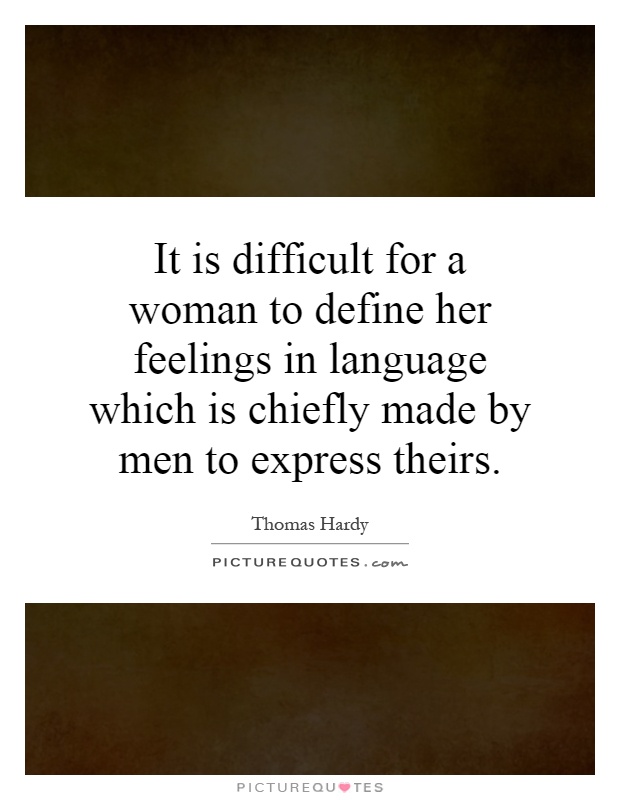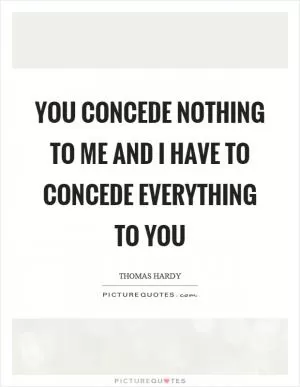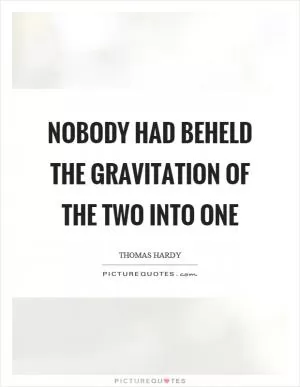It is difficult for a woman to define her feelings in language which is chiefly made by men to express theirs

It is difficult for a woman to define her feelings in language which is chiefly made by men to express theirs
Thomas Hardy, a renowned English novelist and poet, often explored the complexities of human emotions and relationships in his works. In his writing, Hardy frequently delved into the struggles faced by women in a patriarchal society, where their voices and experiences were often marginalized or silenced. The quote, “It is difficult for a woman to define her feelings in language which is chiefly made by men to express theirs,” encapsulates this theme and resonates strongly with Hardy’s own views on gender dynamics and the limitations imposed on women in expressing themselves.Hardy’s female characters often grapple with the constraints of societal expectations and the limitations of language in conveying their innermost thoughts and emotions. In his novel, “Tess of the d'Urbervilles,” the protagonist Tess experiences profound emotional turmoil and conflict, yet struggles to articulate her feelings in a world where male perspectives dominate. Tess’s inability to fully express herself reflects the broader societal barriers that women faced in Hardy’s time, where their voices were often dismissed or invalidated.
Hardy himself was acutely aware of the challenges faced by women in a male-dominated society, and his writing often reflected his empathy and understanding of their struggles. Through his female characters, Hardy sought to give voice to the silenced and marginalized, shedding light on the complexities of their experiences and emotions.
The quote also speaks to the power dynamics inherent in language, which is often shaped by the dominant culture and used to reinforce existing hierarchies. In a society where men held the majority of power and influence, women were often relegated to the margins and denied the opportunity to fully express themselves. Hardy’s recognition of this imbalance is evident in his writing, where he sought to challenge traditional gender roles and give voice to the silenced perspectives of women.












 Friendship Quotes
Friendship Quotes Love Quotes
Love Quotes Life Quotes
Life Quotes Funny Quotes
Funny Quotes Motivational Quotes
Motivational Quotes Inspirational Quotes
Inspirational Quotes